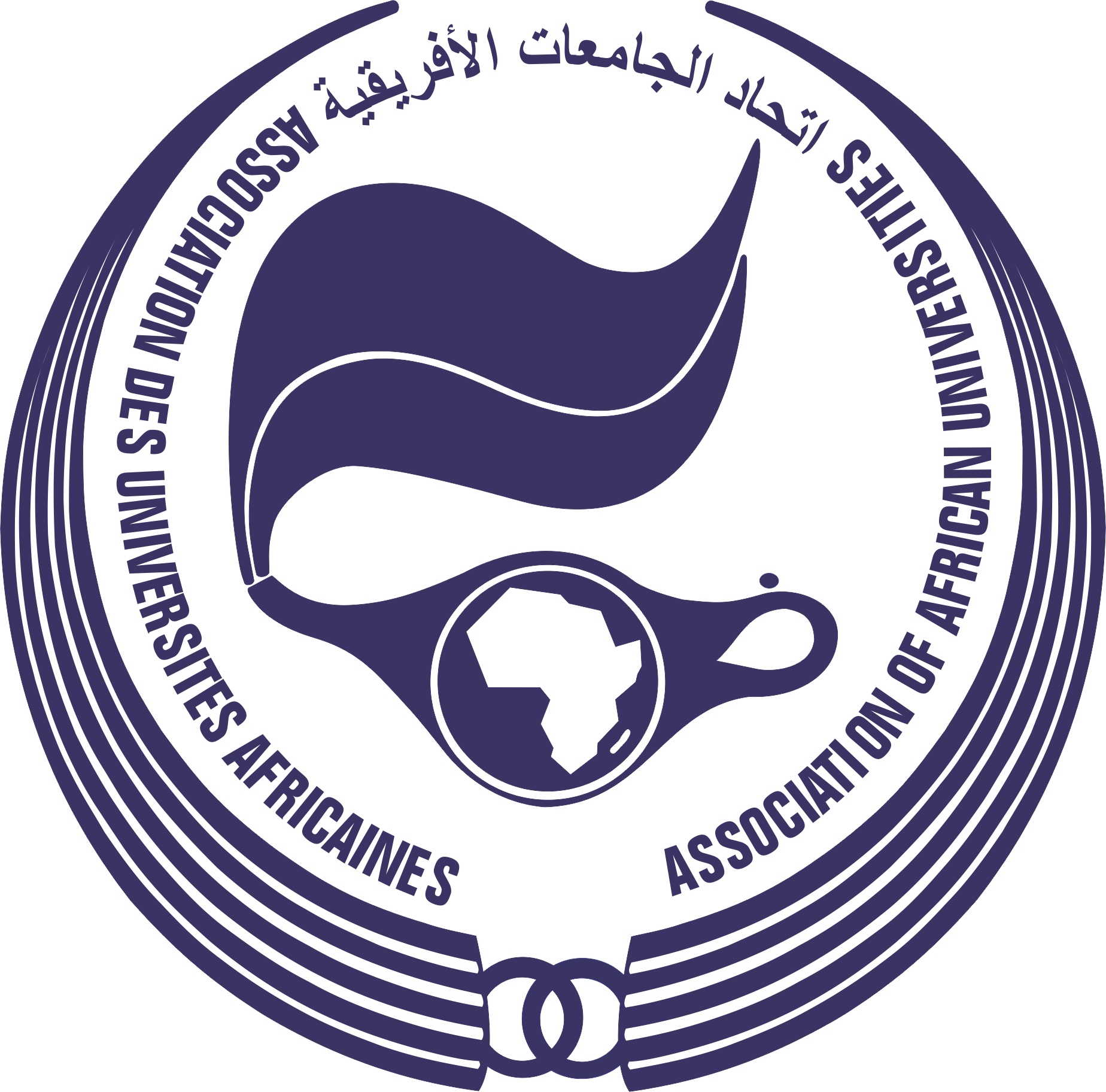Small Grants for Theses and Dissertations
A total of 59 complete applications were received from 30 institutions and 12 countries. Forty-three (43) applications were reviewed and twenty-seven (27), representing 63% selected for sponsorship based on their rating per the following criteria:(a) Relevance (the extent to which the proposed research addresses African development issues);
(b) Innovation (the extent to which the proposed activity suggests and explores creative and original approaches); and
(c) Feasibility (whether the project is feasible in terms of the proposed methodology, work plan and budget).
The remaining 16 awards received close to the end of year, were also scheduled for review. The demographics of the 59 applications are as follows: 24 Masters’; 35 PhDs; 13 Females; 46 Males.
Additionally, four out of 41 grants awarded between December 2013 and June 2014 were successfully completed and the required documents duly submitted. Payment of the final tranches of the grant to the applicants concerned were effected within the reporting period. Annex 2 presents details of beneficiaries of the Small Grants for Theses and Dissertation.
Graduate internships
Forty-nine (49) internship fellow-ships (65% males and 35% females) were awarded to students from 20 institutions in 10 countries. The fellows are pursuing courses in Architecture, Banking and Finance, Development Studies, Economics, Environmental Science, Geography, ICT, Management and Administration, and Pure Science.The first tranches (representing 60% of the grant) were disbursed to all grantees. A total of 32 internships were completed and final payments disbursed upon receipt of satisfactory reports from the host institutions. To ensure that all internship reports address pertinent issues, a standard template was designed to collect relevant information from the host institutions. Feedback from the reports received were positive and included suggestions that
(a) internships should be aligned to institutions’ fiscal years so interns may be employed in the host institutions;
(b) AAU should explore the possibility of initiating an inter – institutional exchange programme; and
(c) AAU should consider sponsoring more internship and support interns with grants to help them complete their research work. Beneficiaries of the programme have also lauded the initiative, which provided some of them with their first work experience.
To ensure regional and linguistic balance in the selection of grantees, each region of Africa was assigned a fixed quota of grants. The table in Annex 3 presents the institutions which benefited from the graduate internship grant.
ECOWAS Nnamdi Azikiwe Academic Mobility Scheme (ENAAMS)
The ECOWAS Academic Mobility scheme was initiated by the Department of Education Science and Culture of the ECOWAS Commission. This followed a series of statutory meetings of ECOWAS Ministers in charge of Higher Education and Scientific Research to avail opportunities for universities and other higher institutions to derive optimum benefit from qualified and experienced lecturers for the delivery of highly specialised courses where lecturers are lacking or in short supply, and where the institutions are unable to employ full time lecturers. The Scheme was also targeting availing to the lecturers, opportunities to fully develop their potentialities.In order to draw up the necessary criteria for different components of the Scheme, a meeting of experts from relevant organisations was held in Abuja, Nigeria, from 17-19 March, 2015 and an MoU signed with the AAU on 19th March 2015. Implementation of the scheme takes place in 4th quarter of 2015 with the following awards: Scholarship for 50 Masters Students, Scholarships for 25 PhD students and 15 Fellowships for Lectures. The three-year Scheme is expected to cost around US$1.5 million per annum, with the AAU reporting to ECOWAS in collaboration with relevant staff of the Commission.
*All figures are for the period of June 2014 - 2015
